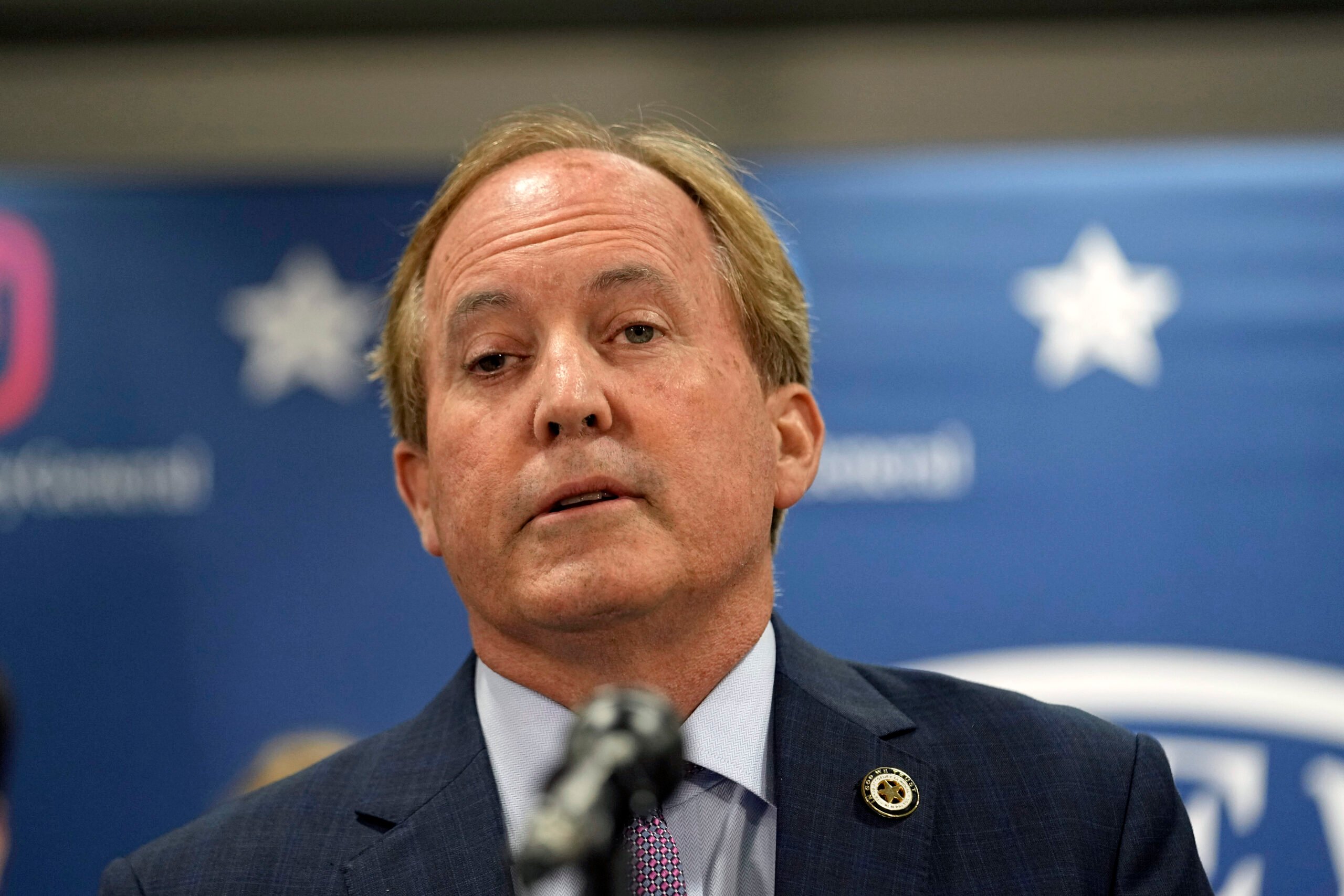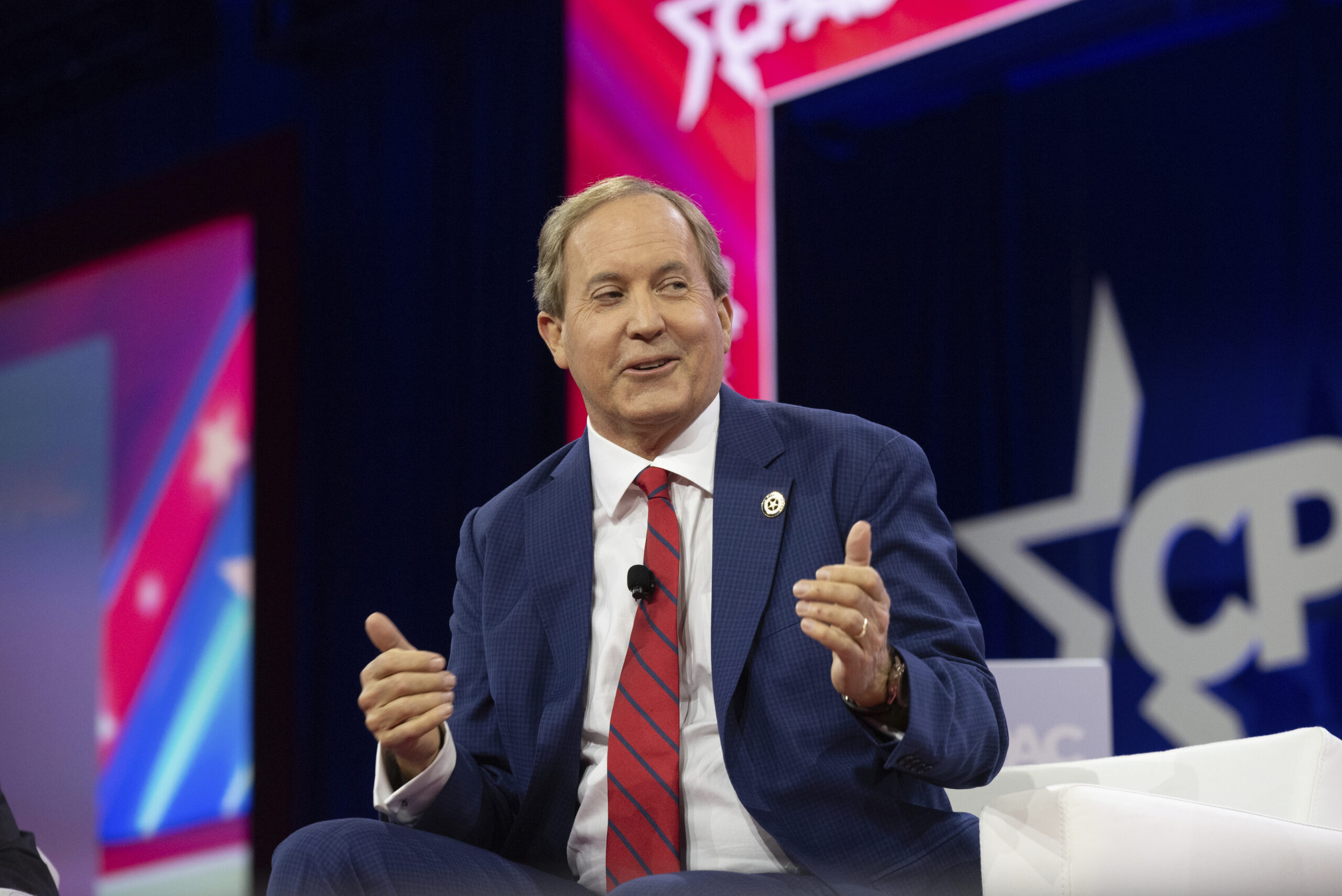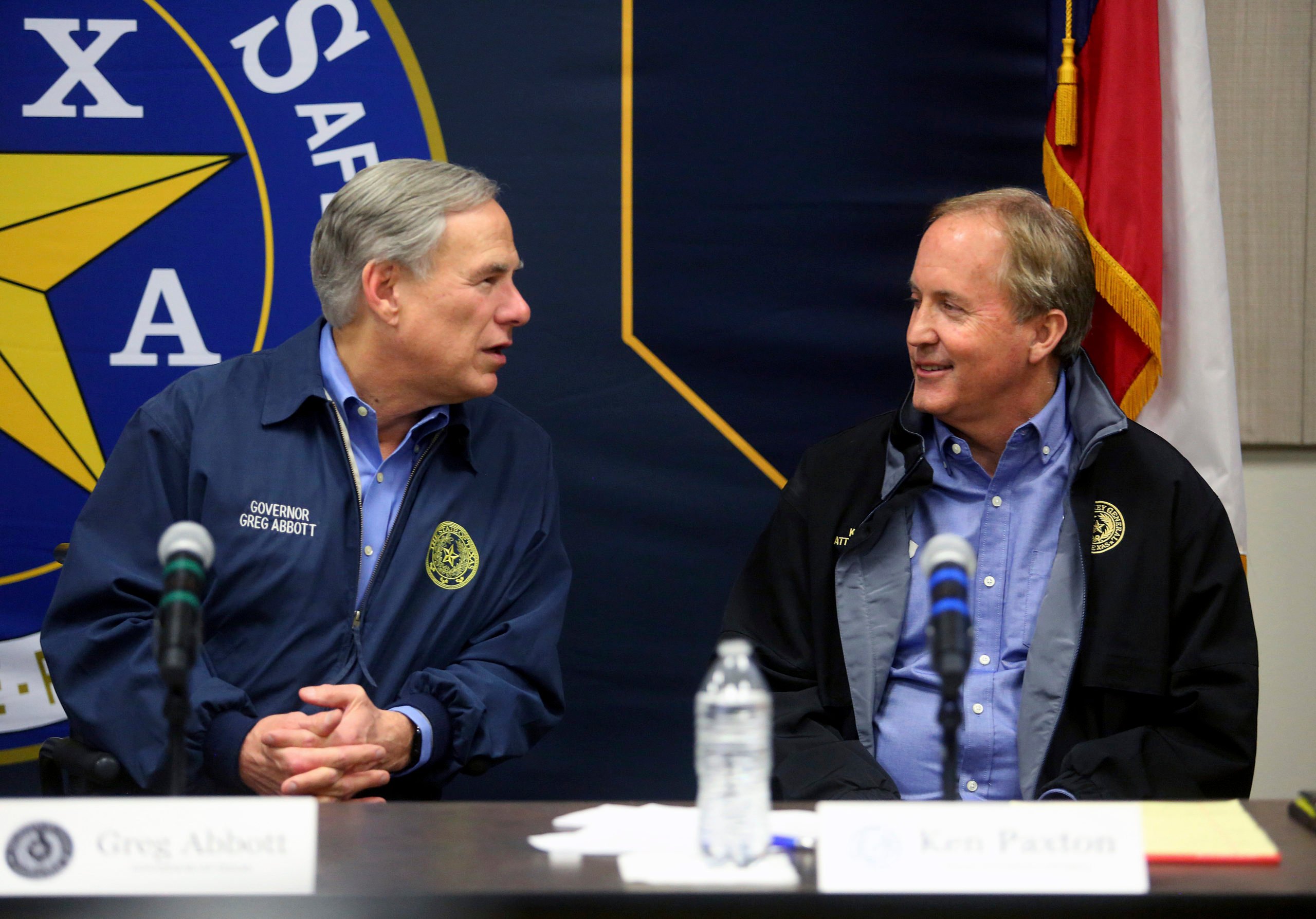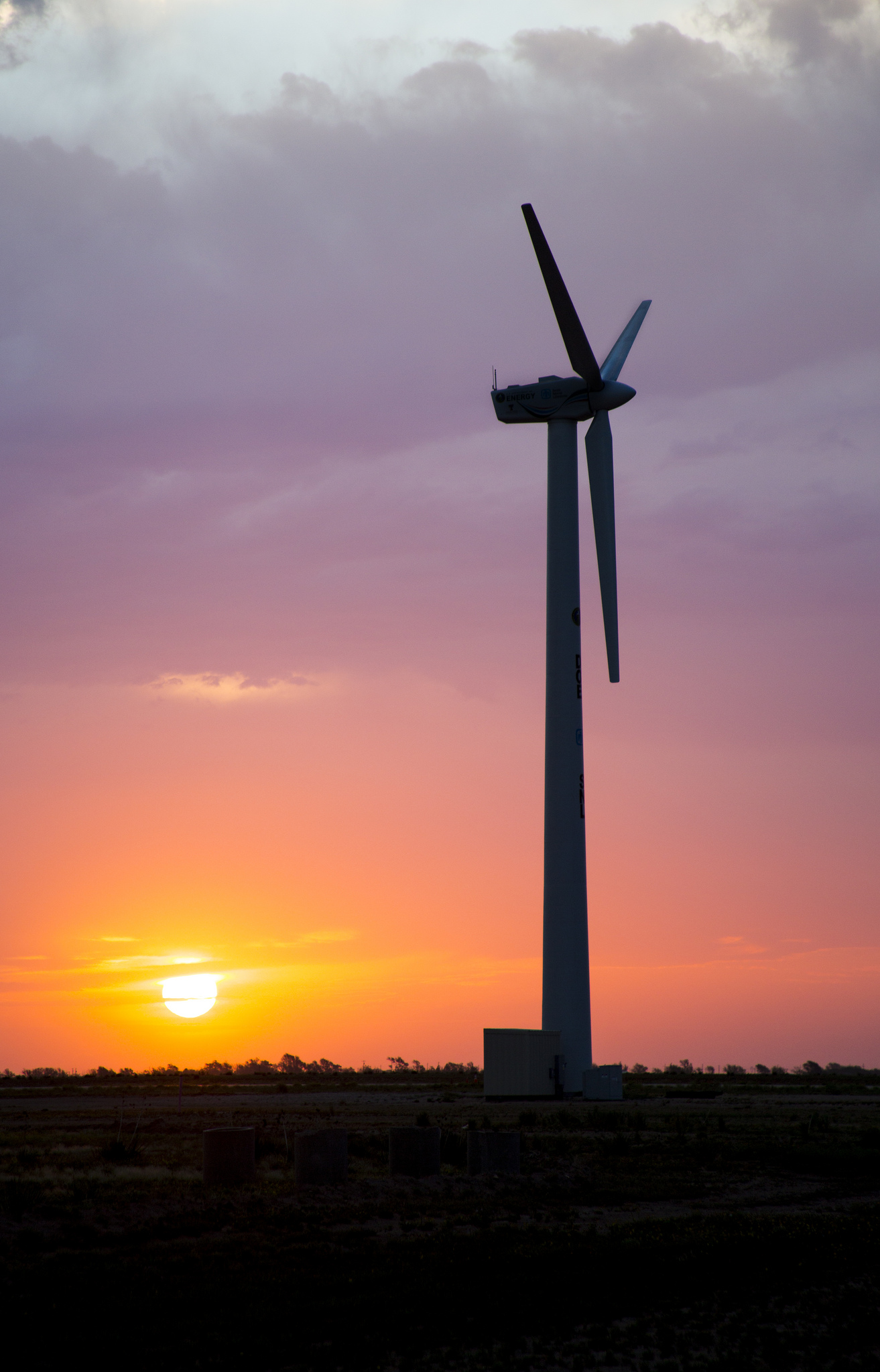
Paxton on SCOTUS Win: ‘Impossible’ Clean Power Plan a ‘Blatant Overreach’

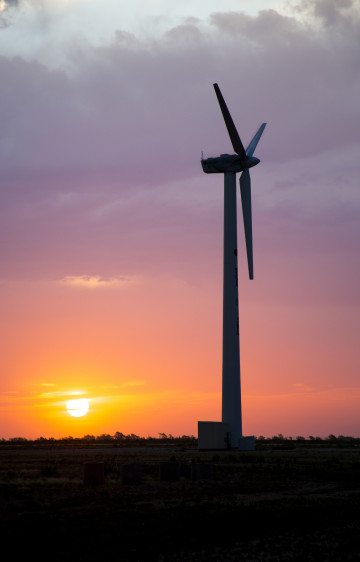
Attorney General Ken Paxton was surprisingly muted today on a call with reporters, following the U.S. Supreme Court’s 5-4 decision to temporarily halt the Obama administration’s Clean Power Plan. It’s a major victory for Paxton and other Republican elected officials around the country, but Paxton simply read a short statement and answered few questions.
Paxton, who has led a mostly Republican 24-state coalition in suing the EPA over the regulations, described the rules as “impossible,” “unfair,” “a blatant overreach” and a “violation of federal law.”
Called the Clean Power Plan, the regulations are a centerpiece of the Obama administration’s efforts to curb climate change. Finalized in August 2015, the plan requires states to meet individual carbon targets that would reduce carbon dioxide emissions by 32 percent by 2030 nationwide.
Opponents of the plan, including Paxton, say the regulations would lead to a dramatic increase in electricity prices and a less reliable power supply. But environmental groups and nonpartisan energy economists have found that the rule is likely to save consumers money on electricity bills, create jobs and boost local economies.
Unlike other states that have been meeting with stakeholders to discuss ways to comply with the Clean Power Plan, Texas regulators have said they are not actively working on compliance. Paxton reiterated that message Wednesday, saying on a press call that Texas is “not moving forward with anything untill this case is resolved.”
If the Supreme Court had not issued its stay, states would have been required to submit an initial plan to the EPA by September, detailing how they intend to meet emissions targets.
The court’s decision to temporarily halt the implementation of the rules also puts the Obama administration’s international reputation on climate issues in jeopardy. The Clean Power Plan was crucial to securing international buy-in to worldwide carbon emission cuts at the Paris climate talks last year, but now, federal regulators won’t have the sway they need to mandate changes to the electricity sector and meet their national target.
Paxton said the lawsuit had nothing to do with climate change.
“It’s about federal overreach and the president’s ability to change law,” he said. “It’s about following a constitutional process.”
The Obama administration has said it remains “confident” that the federal government will ultimately prevail and that the EPA will continue to work with states to develop implementation plans while litigation continues.
If implemented, the regulations would have accelerated the shutdown of carbon-intensive coal plants and further incentivized the adoption of renewable energy and energy efficiency technology that reduce energy loss in homes and commercial buildings.
Environmental groups said the stay is a major blow.
“If the Clean Power Plan is ultimately defeated by the Supreme Court, it will be an enormous loss, as the plan is the single greatest step the U.S. has ever taken to tackle global warming pollution,” wrote Sara Smith, a staff attorney at Austin advocacy group Environment Texas, in an email to the Observer.
“It’s about federal overreach and the president’s ability to change law,” Paxton said. “It’s about following a constitutional process.”
“The electricity sector has embarked on an unstoppable shift from its high-pollution, dirty-fueled past to a safer, cleaner-powered future,” she wrote.
Despite state officials’ resistance to federal environmental regulations, an Environmental Defense Fund analysis found that Texas is already almost 90 percent of the way to meeting its carbon emission reduction goals set under the Clean Power Plan. Texas is also the nation’s leader in wind energy, and has seen an uptick in solar power use buoyed by the dramatic drop in solar energy costs in the last decade. Low natural gas prices also mean utility providers are increasingly favoring building natural gas plants over carbon-intensive coal plants.
The lawsuit against the EPA is not Texas’ first. The state has previously sued the agency over a suite of environmental regulations since Obama took office, challenging laws designed to reduce haze, improve air quality and protect rivers, streams and other water bodies.
The D.C. Court of Appeals will hear oral arguments in the Clean Power Plan case on June 2, and a ruling will likely be issued this summer. Whatever the court’s decision, legal experts expect the case will be appealed to the Supreme Court, with a final resolution unlikely until after the presidential election in November.
To support journalism like this, donate to the Texas Observer.